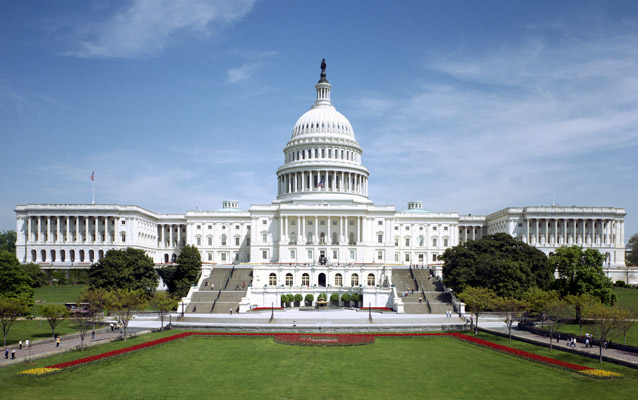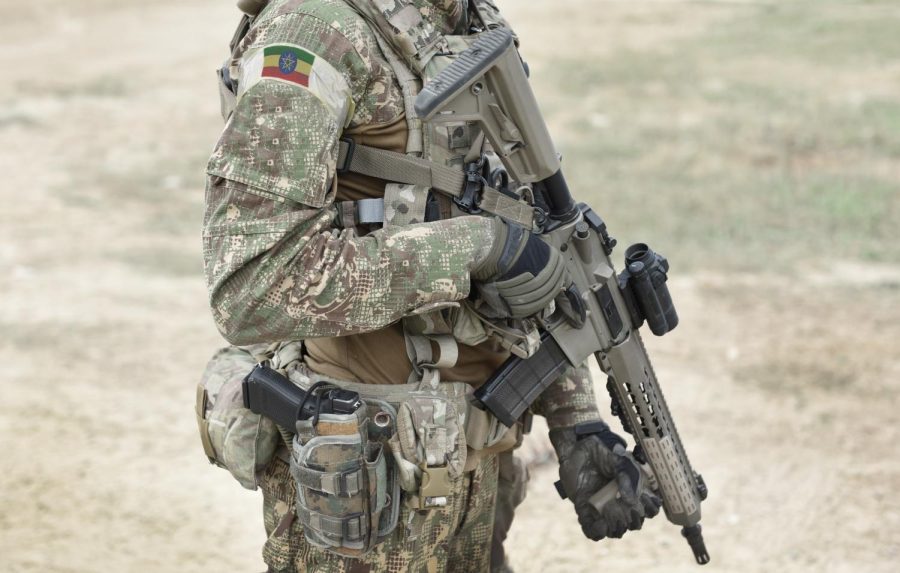Syria has been on the tip of every American and U.S. politician’s tongue since Syrian President Assad’s government is said to have used chemical weapons in attacks on neighborhoods in the outskirts of Damascus last month.
Obama called for limited strikes on Syria earlier this month to discourage future chemical weapon attacks from happening in the civil war-torn country that has been in upheaval for more than two years.
The U.S. and Russia came to an agreement on Sept. 14 that will bring Syrian chemical weapons under international law, with destruction of the weapons beginning next year. The UN Security Council supported the agreement with a resolution that allows sanctions and other unstated consequences if Syria fails to follow.
Talk of missile strikes has received mix reactions across the boards, regardless of political party affiliation. The Horizon interviewed Cliff Staten, professor of political science and international studies, for a break down of how missile strikes in Syria would affect Americans, Syrians and others touched by this conflict.
The Horizon: Do you think the U.S. is capable of doing missile strikes without it leading to a full-blown war? There are people against the missile strikes who are already referring to the action as “going to war with Syria.”
Cliff Staten: Well that’s a good question. Typically, any time we intervene people will say, well my generation will talk about the Vietnam analogy and we always use that as ‘we can’t get involved,’ ‘it’s a slippery slope,’ ‘we’ll get further involved’ and so on and so fourth.
But if you look at what the administration did in Libya, we got in, it was a limited intervention, and they got out. I have to take him [Obama] at his word on that, assuming that we would have a limited strike to deter future use of chemical weapons.
My assumption is he is going to end it at that because he is just as tired of war as Americans are. He campaigned in 2008 to get us out of Iraq and Afghanistan. I can’t see him committing us to a new intervention, so I think, yes, we can do that. Now, will it deter the use of chemical weapons? That’s another question.
What does it mean when Obama says ‘this is not another Iraq or not another Afghanistan’?
CS: Well, in both of those we initially — there is something calling mission creep that often happens — where we go in with an initial goal and then the mission changes until it becomes broader and broader and before you realize it we are committed to things we are probably not really able to do. That’s what happened in Iraq, that’s what happened in Afghanistan, and clearly that’s exactly what happened in Vietnam.
I can’t believe the president would allow that mission creep to step in, as he said he opposes that. And as I said earlier, he campaigned to get us out of Afghanistan and out of Iraq which we are eventually, finally doing. So I can’t believe, and the American public has no stomach for it. I don’t see this slippery slope argument valid in this case; I guess that’s my point.
If the missile strikes were to happen, how will it affect Syrians?
CS: I’m assuming the idea would be to use cruise missile strikes from either submarines or ships in the Mediterranean and the red sea. When you hit targets, you run the risk of hitting civilians, that’s fact.
I’m assuming there are going to be targets like military command of control centers, — facilities that shoot shells that could possibly be loaded with chemical weapons — so they get rid of the delivery system. Those are what they’ll target because they can’t really target the chemical weapons. Because you run the risk of just dispersing it everywhere. What would the response be? You always want to minimize civilian casualties.
The Syrian government, how are they going to respond? It would be interesting to see, if it happens because we just signed the agreement with Russia and hopefully they are going to remove the chemical weapons. And we don’t have to do this, but in many way,s we could call his bluff to see how he would respond.
He [Bashar al Assad] said he would respond by attacks. I’m not exactly sure what that means. Some have suggested that he’ll encourage Hezbollah to attack Israel, but Israel is pretty capable of defending itself. And they have already attacked Syria three times this year and the Syrians did nothing in retaliation. I’m not sure what they would retaliate against in terms of the United States.
They are certainly not going to attack the Israelis because they will attack them real quickly. But it does send a signal to Iran — which is really the biggest threat in the area — that these types of weapons are not to be used and thus, it might reinforce our intention to prevent them from developing a nuclear weapon. So there would be signaling going on beyond Syria as well.
What would be the legality of U.S. missile strikes on Syria?
Technically, one could argue that without UN Security Council sanction, it’s illegal. But you have to remember that sometimes the Security Council just can’t act because of the veto. But in recent years, there has been the right to protect doctrine that is beginning to gain acceptance.
The Security Council is sort of antiquated in that the super powers at the end of World War II get the veto. So if you get one of those, the Security Council can do nothing. There is a possibility that you could get a vote in the General Assembly to authorize it. That’s been done before in the UN.
But in the absence of that, we could assert this right to protect doctrine — where just because you have Russia objecting and the Security Council can’t act — the greater UN can act to protect populations that are facing weapons of mass destruction.
Would the attacks change what is happening on the ground in Syria?
CS: It depends on what they hit. From my understanding and talking to several people, should this go on, it should probably take about two days. We’re talking about a limited type attack. And we would hit a lot of places where they can shoot shells against the rebels. We would take those out so they couldn’t be used with chemical weapons, but they also couldn’t be used against the rebels again.
Is it going to change the outcome of the war? That’s a good question. Right now, I think the war has pretty much dwindled down to a stalemate. And unfortunately, it seems to me that the big thing is to try to push Russia to stop funding weapons to Syrians. So if you do that, you might tip the balance of power. But then again, if we fund the opposition — which we have a little bit — then you have to worry about mission creep, which is not what the president wants and not what Americans want.







